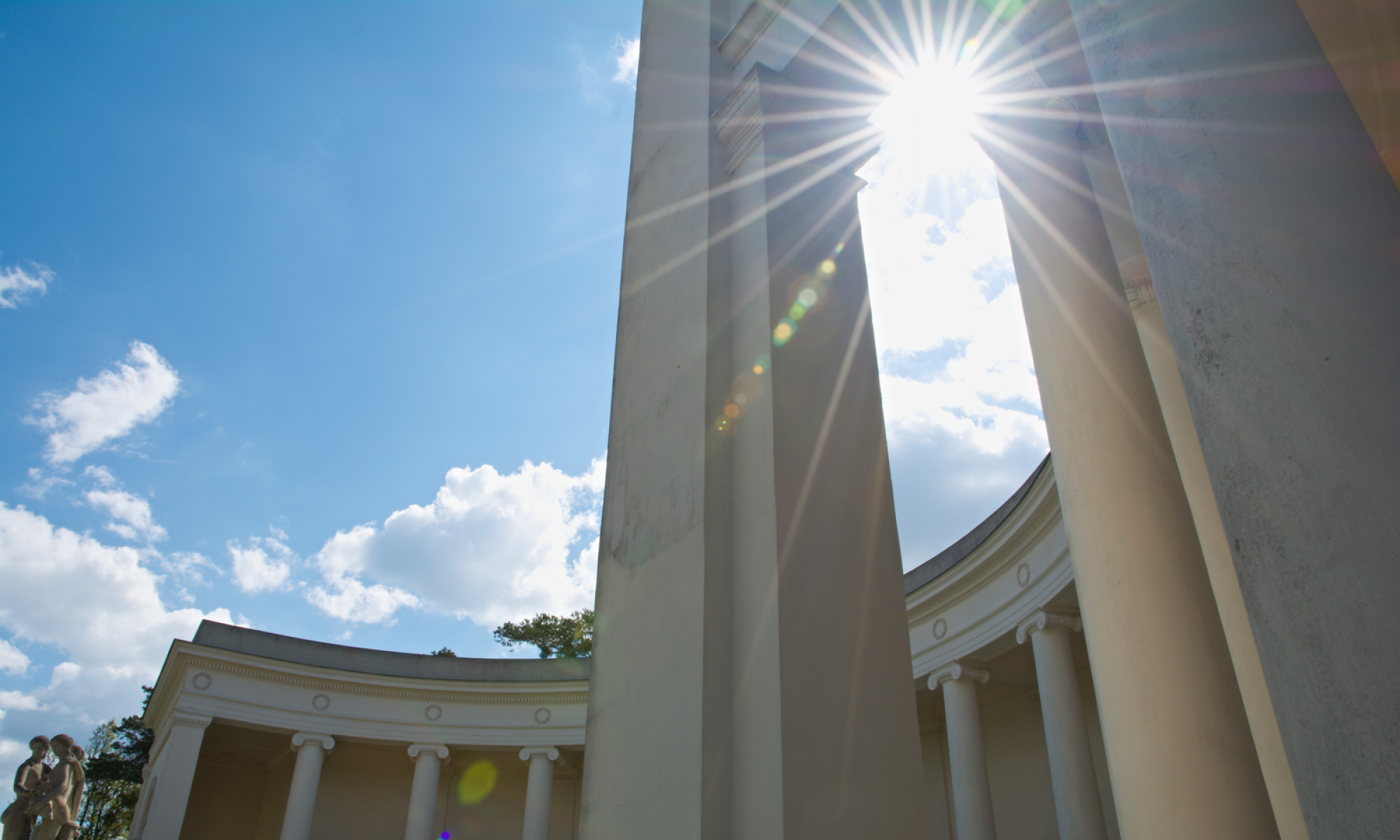Personal Injury
DOUBLE EDGED SWORD
In the matter of an EC Application between Hui Po Chi v. Trade Travel (Hong Kong) Limited, DCEC No. 406 of 2017, H.H. Judge Levy, 9th September 2020.
Fact
The Applicant was a bus-captain who met 2 separate accidents respectively in the course of employment with Trade Travel (Hong Kong) Limited (“the Respondent”) and New Lantao Bus Co (1973) Limited (“New Lantao”).
The 1st alleged accident occurred on 12 April 2015 (“the 1st Alleged Accident”) when the Applicant was in the employ of the Respondent. 3 separate payments between April and June 2015 in the total sum of HK$23,704.94 were made to the Applicant (“the Said Payments”). According to the Respondent, the Said Payments were made under Section 33 of the Employment Ordinance, Cap. 51 (“EO”) for sickness allowances and not payments pursuant to Section 10 of the Employees’ Compensation Ordinance, Cap. 282 (“ECO”) as the Respondent had no knowledge of the 1st Alleged Accident at time when it made the Said Payments.
On 25th November 2015, the Applicant worked for New Lantao and she met with the 2nd alleged accident on 7th April 2016 (“the 2nd Alleged Accident”). The Applicant received periodical payments from New Lantao on various dates between April and November 2016.
Cunningham Lindsey (Hong Kong) Limited (“Cunningham”) was the loss adjuster appointed by Falcon Insurance Company (Hong Kong) Limited (“Falcon”), the EC insurer of both the Respondent and New Lantao. On 1st November 2016, Cunningham requested the Applicant to attend a medical examination pursuant to Section 16 (1A) of the ECO (“Purported s 16 Request”) scheduled on 6 December 2016 (“the Scheduled Examination”).
In response to the request, Messrs B Mak & Co (“B Mak”) for the Applicant wrote on 28th November 2016 that the Applicant would not attend the Scheduled Examination on the ground that the Applicant’s medical condition had yet to be stabilized. Falcon and Cunningham’s further requests of the Applicant attending another medical examination were also declined by B Mak.
As the Applicant had failed to attend the Scheduled Examination, the Respondent invoked Section 16(4) of the ECO and issued a Summons to strike out the Applicant’s EC Application.
Ruling
The Learned Judge found that the Purported s 16 Request was made on behalf of the Respondent.
However, the Learned Judge rejected the Respondent’s argument that it had satisfied the statutory requirement to make periodical payment under Section 10 of ECO by making the Said Payments. By its own admission, the Said Payments were made under Section 33 of the EO and not Section 10 of the ECO. Furthermore, the Respondent had no knowledge of the 1st Alleged Accident when it made the Said Payments to the Applicant. Hence, the Respondent did not intend the Said Payments to be periodical payments for the purpose of Section 10 of the ECO.
The Learned Judge also rejected the Respondent’s argument that it had satisfied the periodical payment requirement under Section 10 of the ECO by the Applicant’s admitting receipt of the periodical payments paid by New Lantao. There was no evidence showing the periodical payment received by the Applicant from New Lantao was made on behalf of the Respondent.
As the Respondent had not made the periodical payments at the time when Cunningham made the Purported s 16 Request, the Respondent was therefore not entitled to make the Purported s 16 Request in the first place for the purpose of Section 16(1) of the ECO.
The Learned Judge, by way of obiter dictum, reminded the legal practitioners again that that refusal to attend the Section 16 medical examination on the ground that the employee’s medical condition is not stabilized does not constitute “reasonable cause” for the purpose of Section 16(4) of the ECO.
Comments
About 2 years ago, legal practitioners acting for the defence in the EC claim were thrilled to read the Judgment handed down by H.H. Judge Harold Leung in the case of Cheung Sau Lin v. Tsui Wah Efford Management Limited, DCEC No. 2438 of 2014, which can be regarded as the pioneer judgment in bringing Section 16(4) of the ECO to life. Simply put, if the employee is receiving periodical payment from the employer, the employer is entitled to arrange medical examination under Section 16(1) of the ECO and if the employee refuses to attend such an examination, the making of periodical payment can be suspended until the employee attends the medical examination. If the failure exceeds 15 days from the date of the medical examination, no compensation shall be payable pursuant to Section 16(4) of the ECO unless the Court finds a reasonable cause for such failure.
However, this sword seems to have been mistakenly drawn by the defence in the last 2 years. It appears that some of the legal practitioners have mistaken one important element required under Section 16(4) of the ECO, that is, the periodical payment must be paid by the same employer and it needs to be continued paying to the employee at the time when the request for medical examination is made to the employee.
This sword is powerful. The ECO scheme is meant to be a no-fault and quick financial relief mechanism for the employee to get the compensation. One could reasonably expect the Court will take a very stringent approach in ensuring all legal requirements have been strictly complied with before dismissing an employee’s claim entirely.
